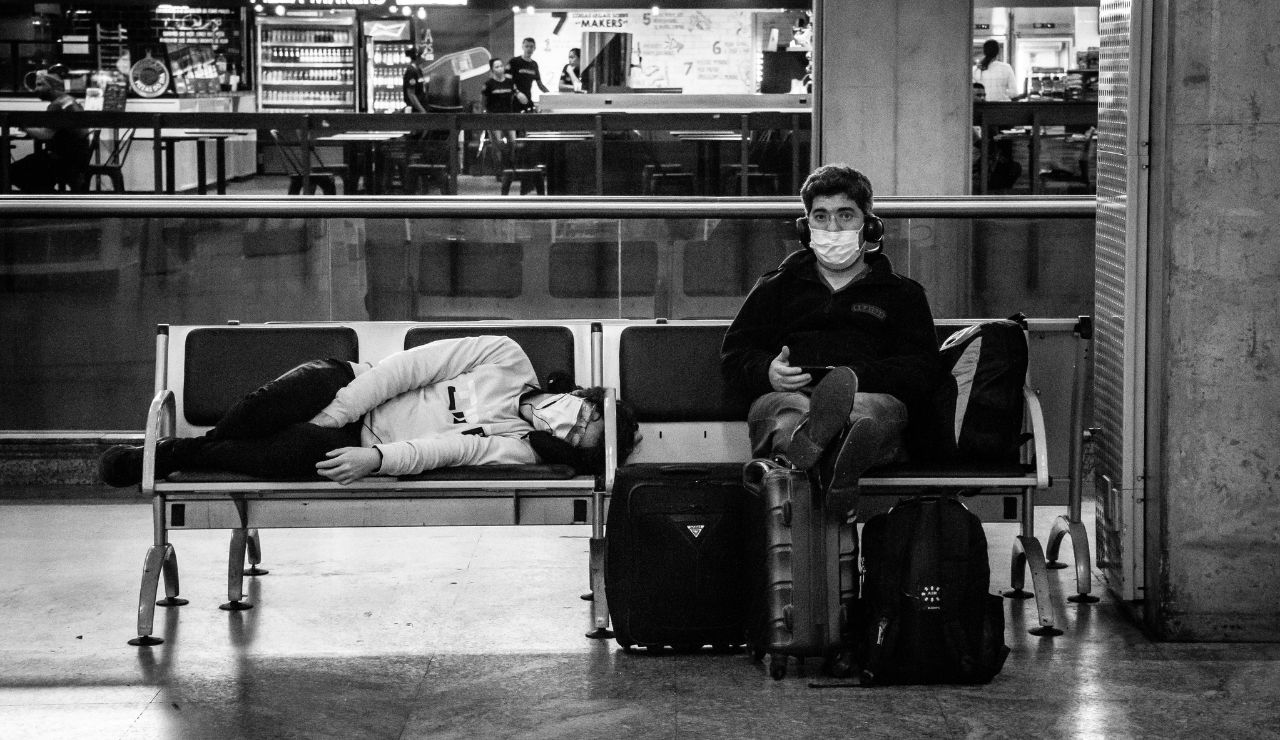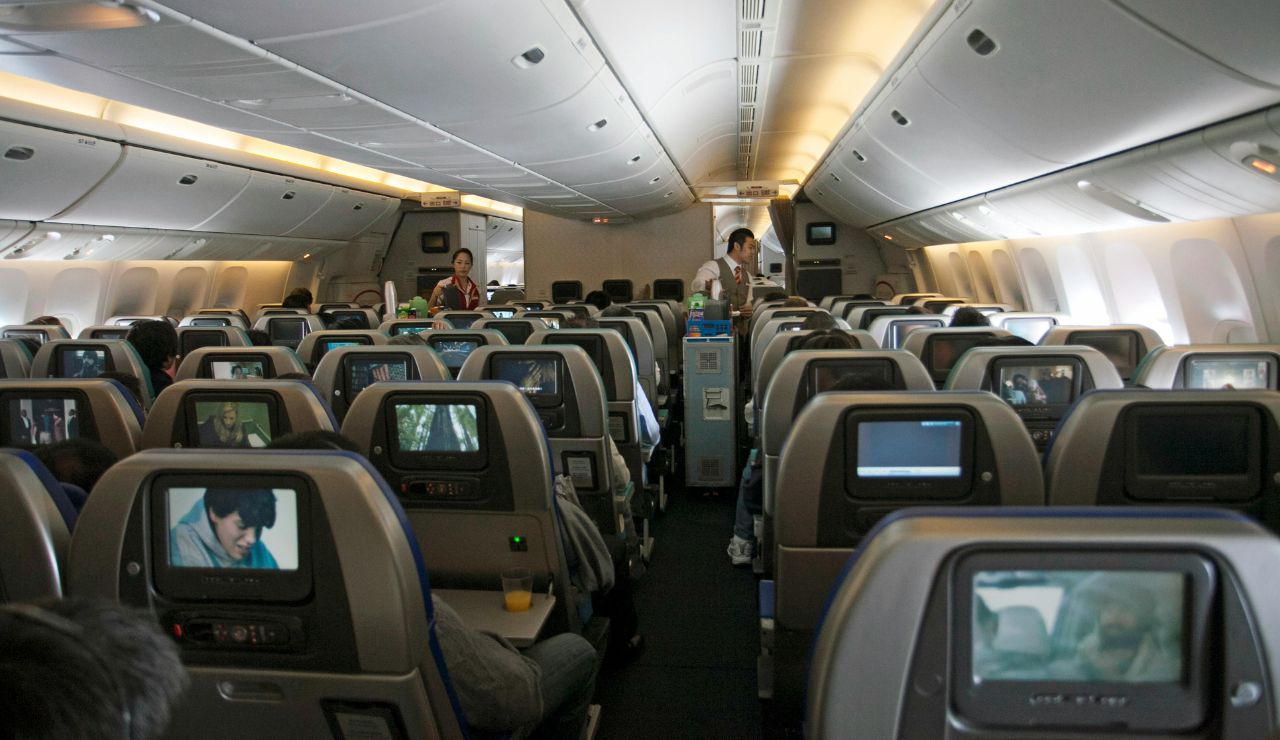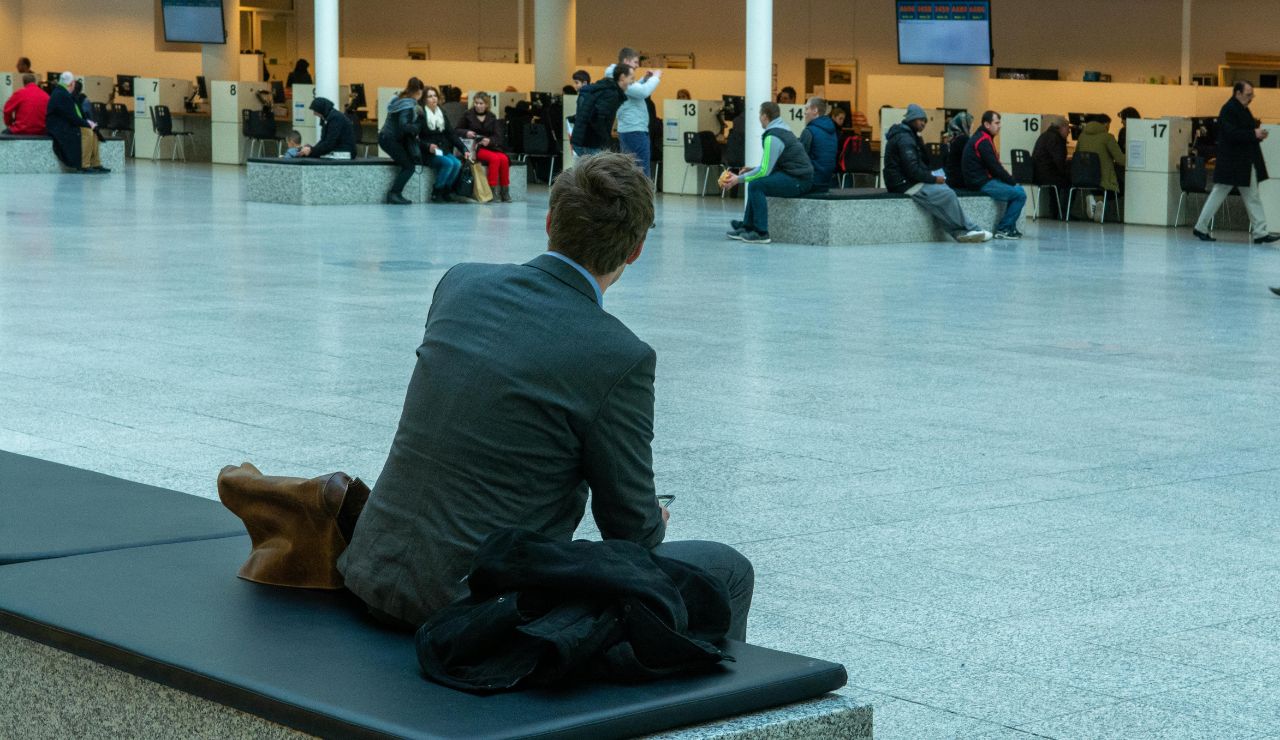Here’s Why Travel Feels So Exhausting (And Genius Ways to Bounce Back Faster)

Travel promises adventure, but it often leaves you drained physically, mentally, and emotionally. Between early alarms, constant decision-making, crowded transit, and sensory overload, exhaustion builds faster than you expect. Even when you’re doing something fun, the nonstop nature of travel takes a real toll. But fatigue doesn’t have to be the price of exploration. By understanding what’s actually wearing you out and using a few smart recovery tricks, you can feel better faster and reclaim the energy to fully enjoy your trip from takeoff to touchdown.
1. Early Wake-Ups and Erratic Sleep Wreck Your Rhythm

Catching that 5 a.m. flight might save a few bucks, but it can wreck your sleep cycle for days. Frequent early wake-ups, hotel check-ins at odd hours, and crossing time zones all confuse your internal clock, making it harder to feel rested even if you’re technically getting enough sleep. The result? You wake up groggy, irritable, and already behind on energy. To reset faster, avoid red-eyes when you can, build in a recovery day after travel, and spend time in natural light early in the day. Your body needs rhythm and travel often disrupts it more than you realize.
2. Long Travel Days Drain You More Than You Think

Spending long hours in transit whether you’re stuck in a car, crammed on a plane, or standing in airport lines might seem passive, but it’s deceptively draining. Your body stays still while your mind remains on high alert, juggling logistics and discomfort. Add in poor posture, dehydration, and minimal movement, and fatigue hits hard by the time you arrive. To recover quicker, drink water regularly, stretch or walk every hour, and don’t overbook your arrival day. Give yourself permission to rest before diving into the itinerary your body will thank you for it.
3. You’re Constantly Processing New Information

Every sign, menu, map, and social cue requires your attention when you’re somewhere new. Your brain is constantly decoding unfamiliar surroundings figuring out currencies, customs, transit systems, and even what to eat. That nonstop mental effort adds up fast, leading to decision fatigue and mental exhaustion. To ease the load, build in a few predictable elements, return to the same café for breakfast, stick to one major activity per day, or follow a simple morning routine. Familiarity gives your mind breathing room so you can stay sharp for the experiences that matter.
4. Unfamiliar Foods Can Mess With Your Energy

Tasting your way through a new destination is half the fun but unfamiliar foods, rich meals, excess sugar, and alcohol can do a number on your energy. Your digestive system works harder, especially when routines are off or ingredients are unfamiliar. That post-meal slump or bloated feeling? It’s real. To keep your energy steady, aim for balance. Mix indulgent meals with lighter, nutrient-rich options, and stay well hydrated. Pack familiar snacks like trail mix or granola bars for moments when local food doesn’t agree with you. A little planning keeps you fueled without the crash.
5. Overpacked Itineraries Leave No Time to Breathe

Trying to “see it all” might sound efficient, but it often leaves you more stressed than satisfied. Racing from one landmark to the next wears down your body and floods your mind with constant stimulation, making it hard to truly enjoy anything. When every minute is packed, you forget to breathe literally and figuratively. Instead, build in real breaks, linger at a quiet café, take a scenic walk with no agenda, or simply sit in a park and people-watch. Slowing down helps you recharge, stay present, and actually absorb the beauty around you instead of just ticking boxes.
6. Airport Stress Takes a Bigger Toll Than You Expect

Tight layovers, long security lines, gate changes, and boarding delays create a perfect storm of stress even before your flight takes off. The airport environment is loud, crowded, and full of small uncertainties that build into big anxiety. That constant state of alertness wears you down fast. To ease the tension, plan generous buffer time between connections, check your gate status often via apps, and keep a few calming tools handy like noise-canceling headphones, gum, or a favorite playlist. Minimizing surprises goes a long way toward keeping your energy steady in transit.
7. Social Burnout Hits Faster on the Road

Even when you’re traveling with people you love, being around others nonstop can quietly chip away at your energy. Shared hotel rooms, group tours, and constant conversation leave little room to decompress. That lack of personal space can lead to irritability and emotional fatigue. If you’re feeling off, it’s okay to take a break. Step out for a solo walk, find a quiet café to journal in, or zone out with music and headphones. You don’t need hours alone just a few intentional moments of solitude can reset your mood and help you re-engage with the people around you.
8. Your Body Is Playing Catch-Up with Time Zones

Jet lag does more than throw off your sleep, it messes with hunger cues, digestion, focus, and mood. Your body’s internal clock struggles to adjust when you leap across time zones, leaving you foggy, cranky, or wide awake at 3 a.m. To ease the shift, start adjusting your schedule a few days before your flight. After landing, stay awake until local bedtime, get outside in natural light, and skip naps if you can. Drink plenty of water to counteract dehydration from flying. The sooner your body syncs with local time, the faster you’ll feel grounded, clear, and ready to explore.